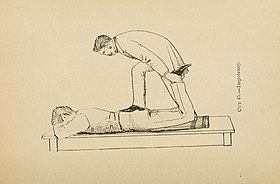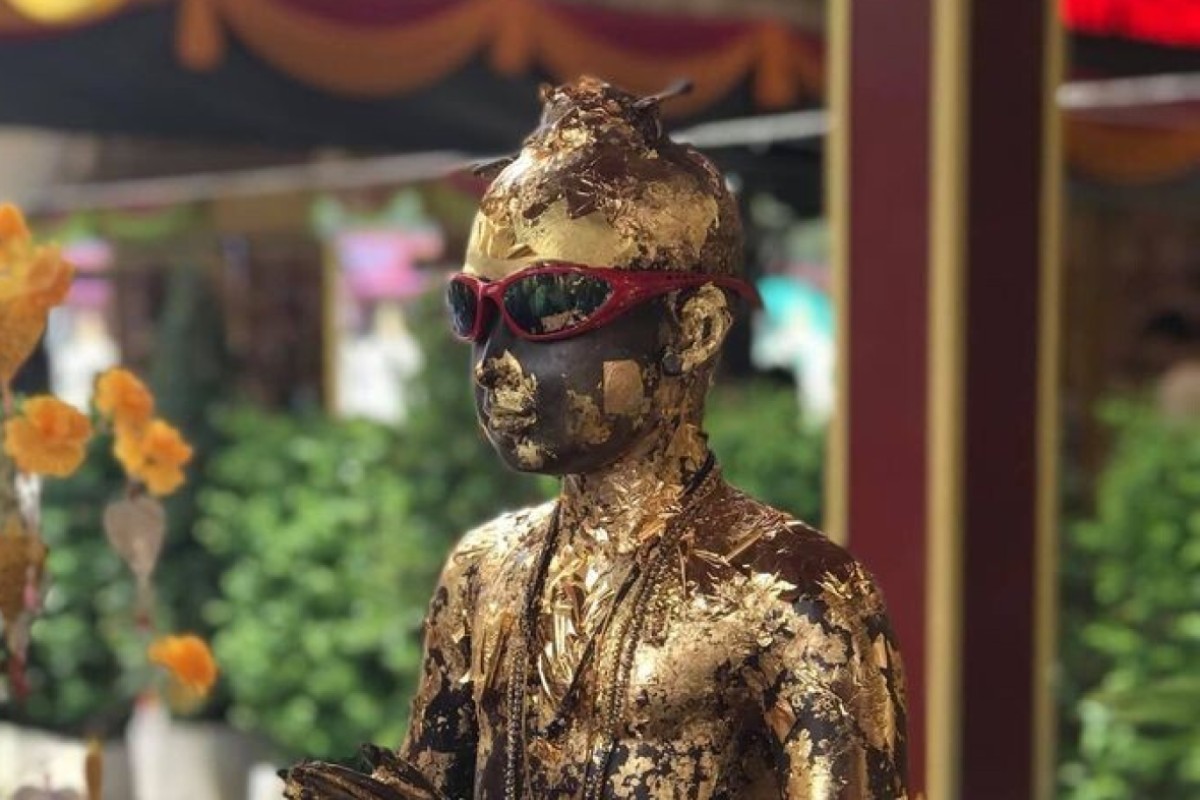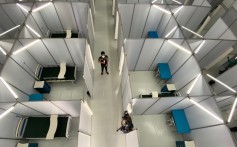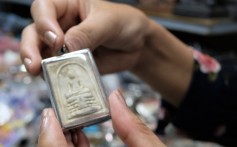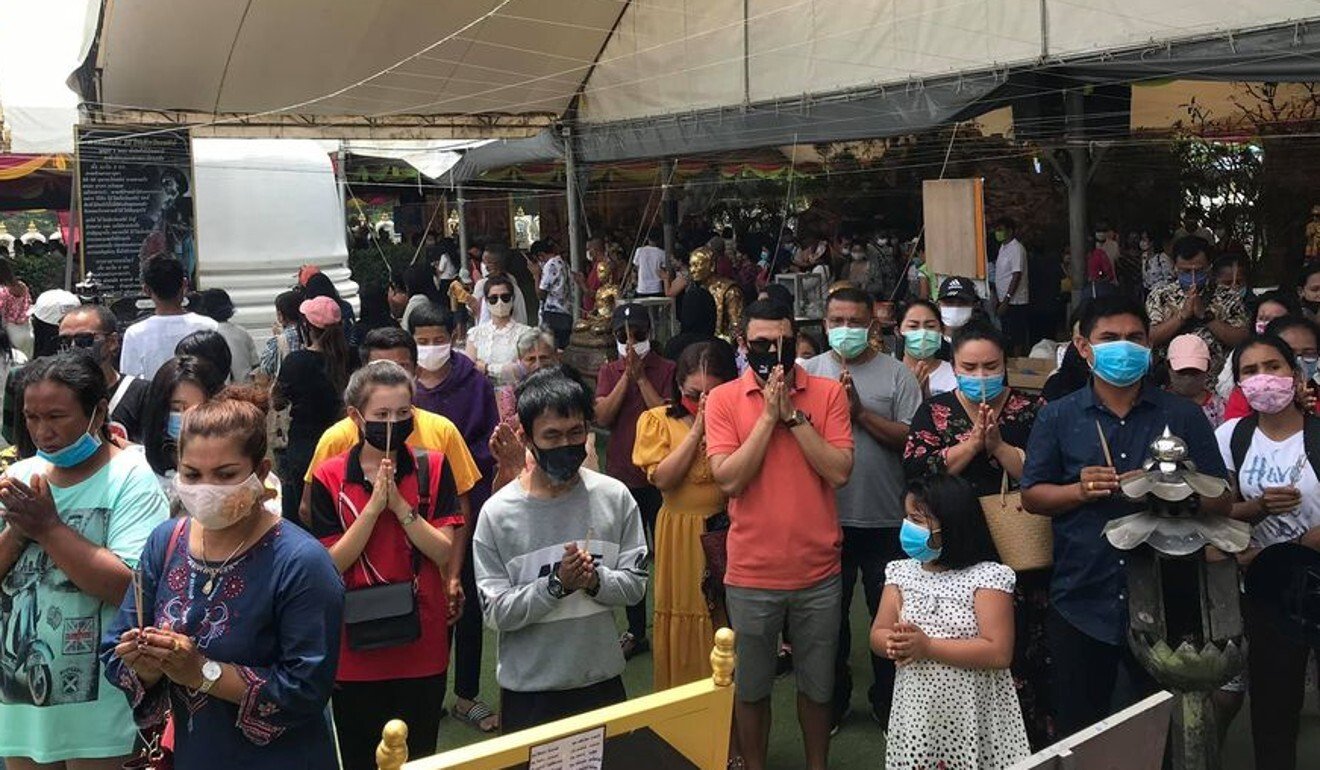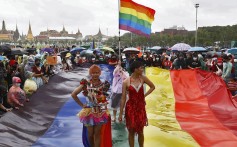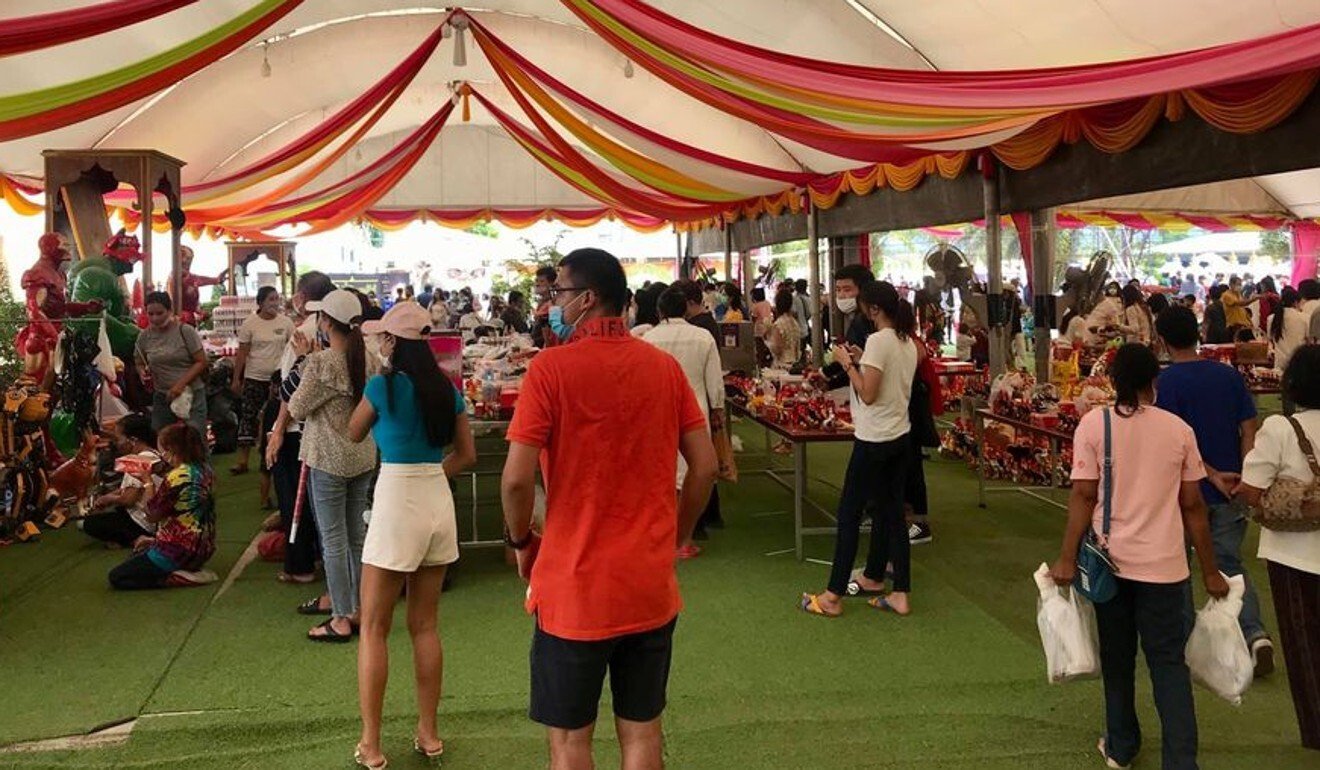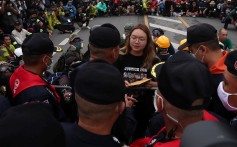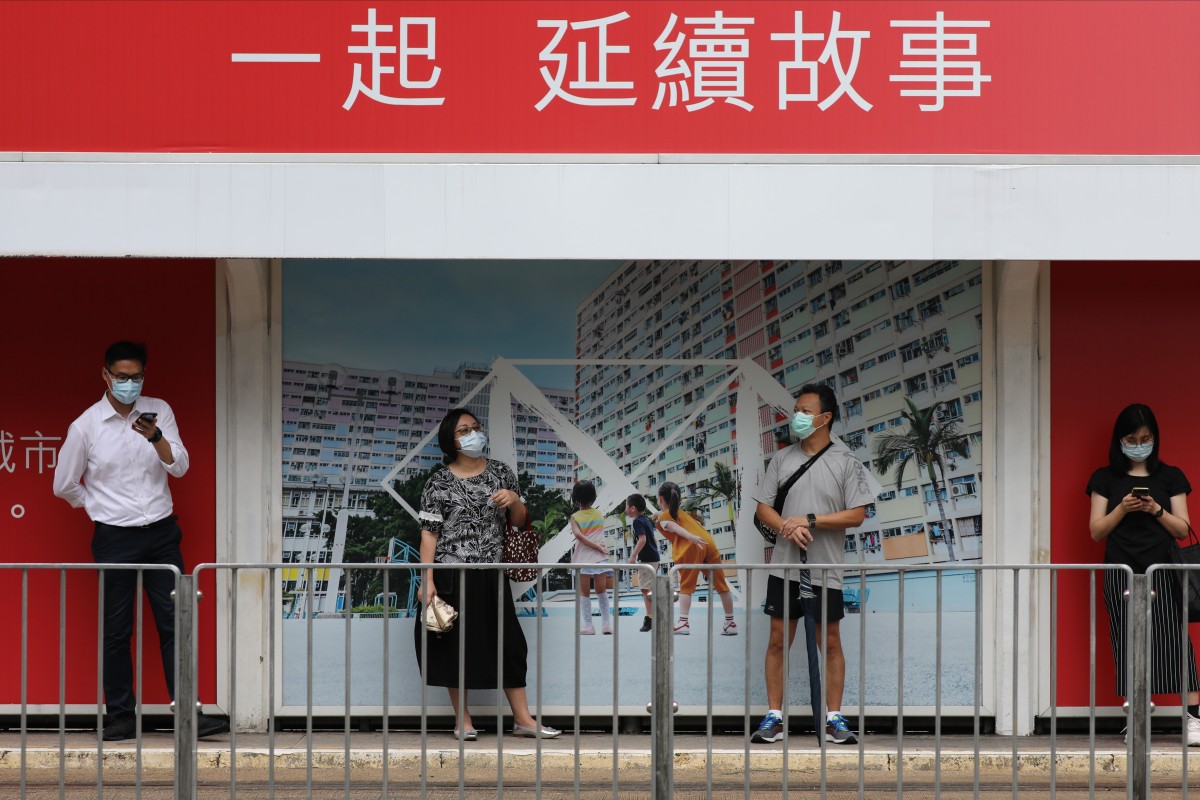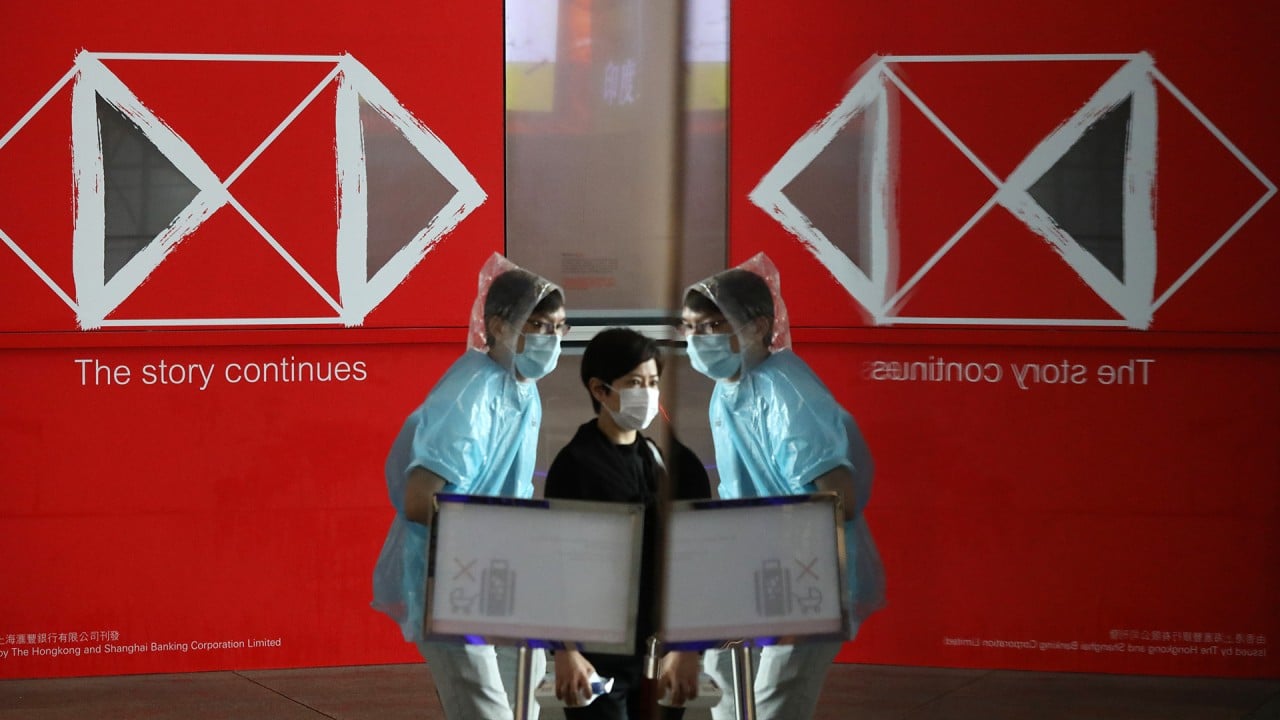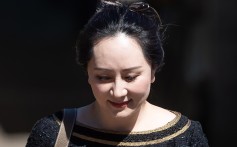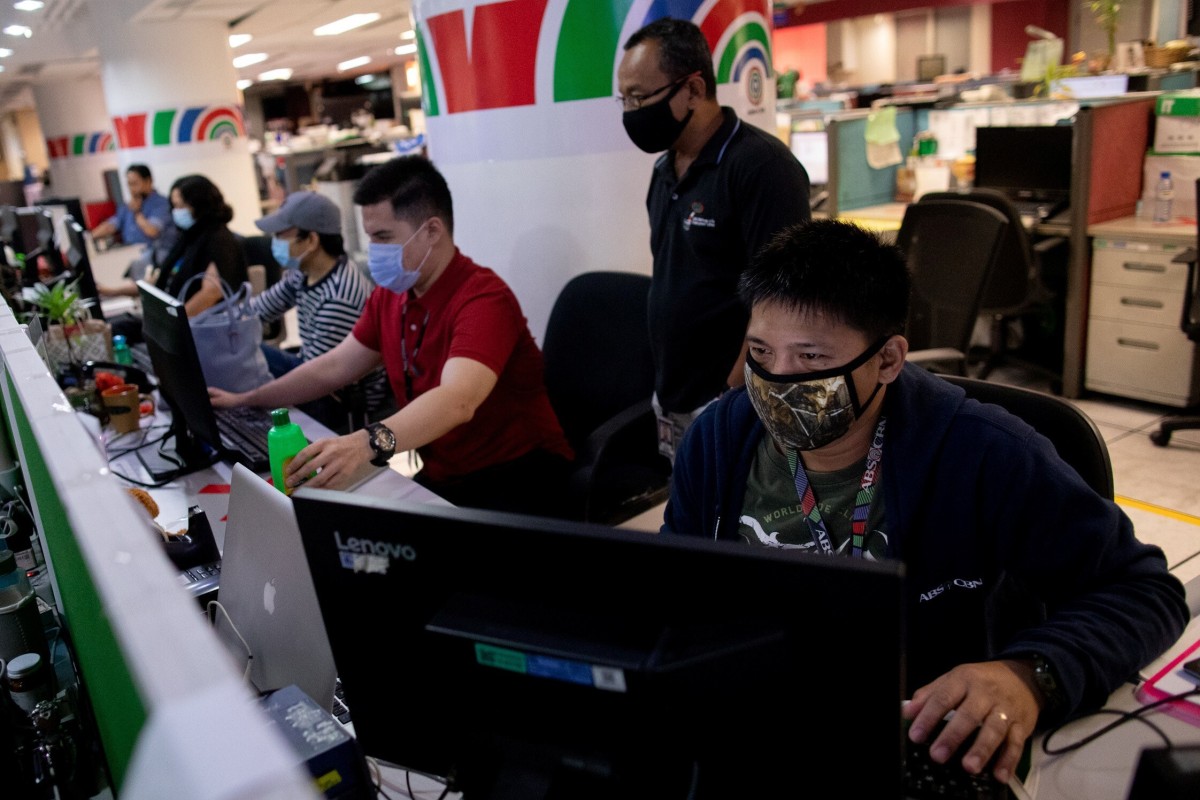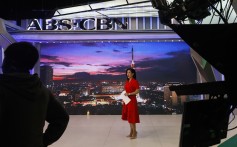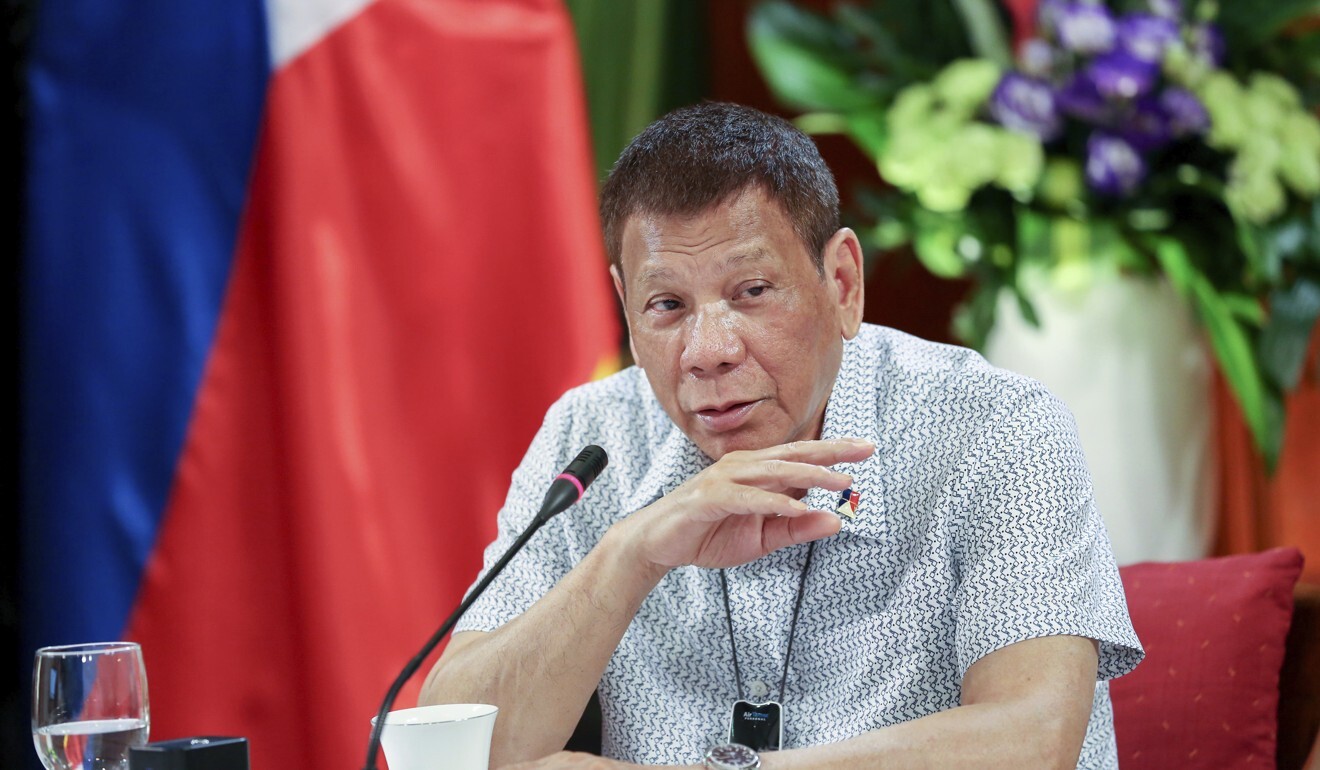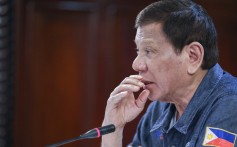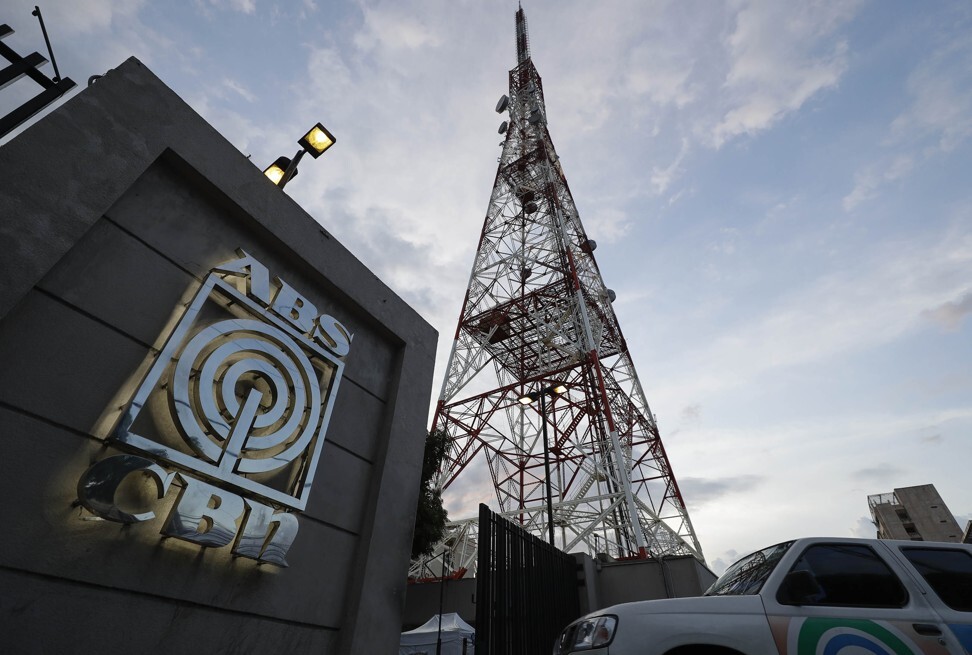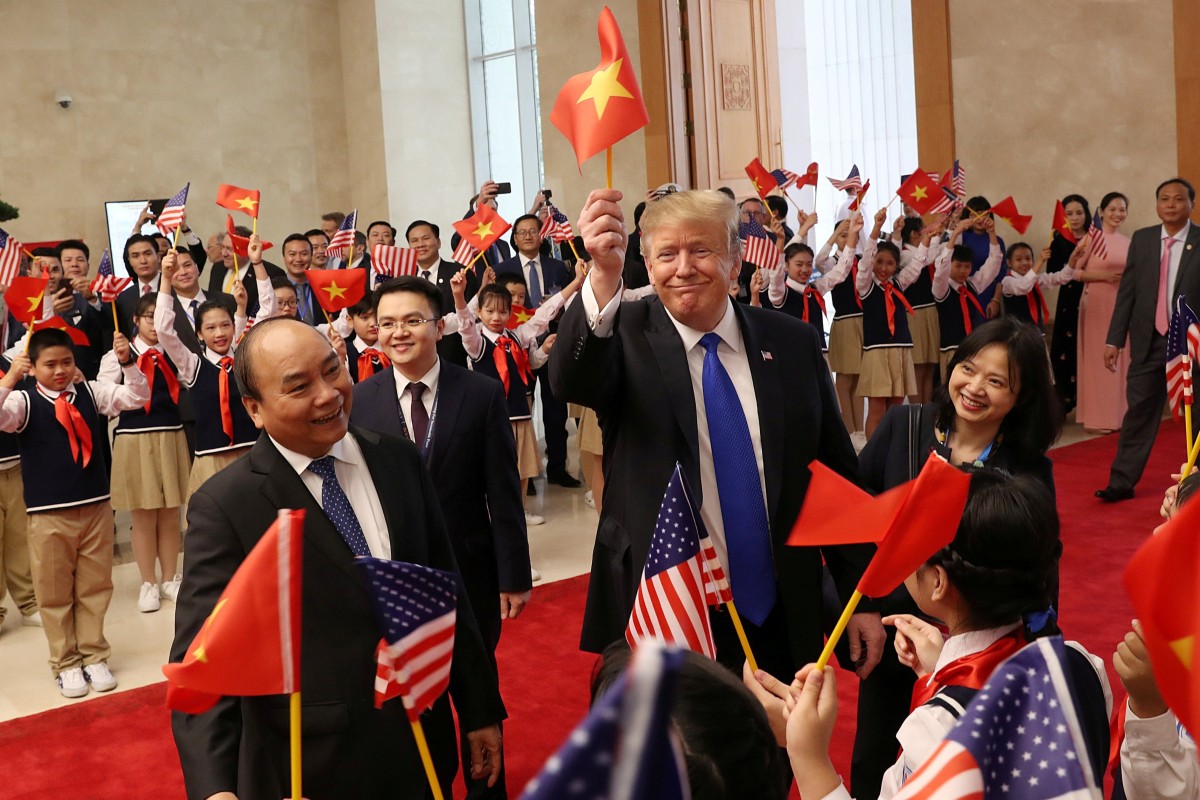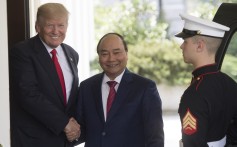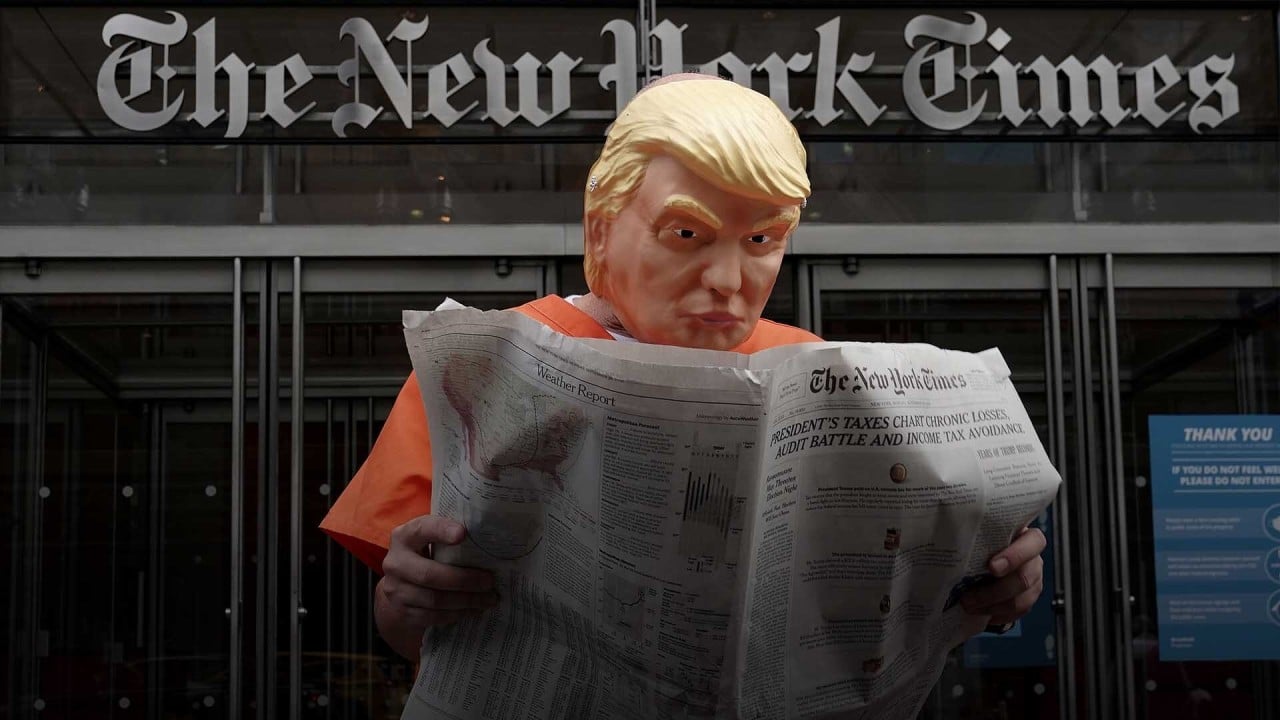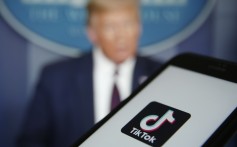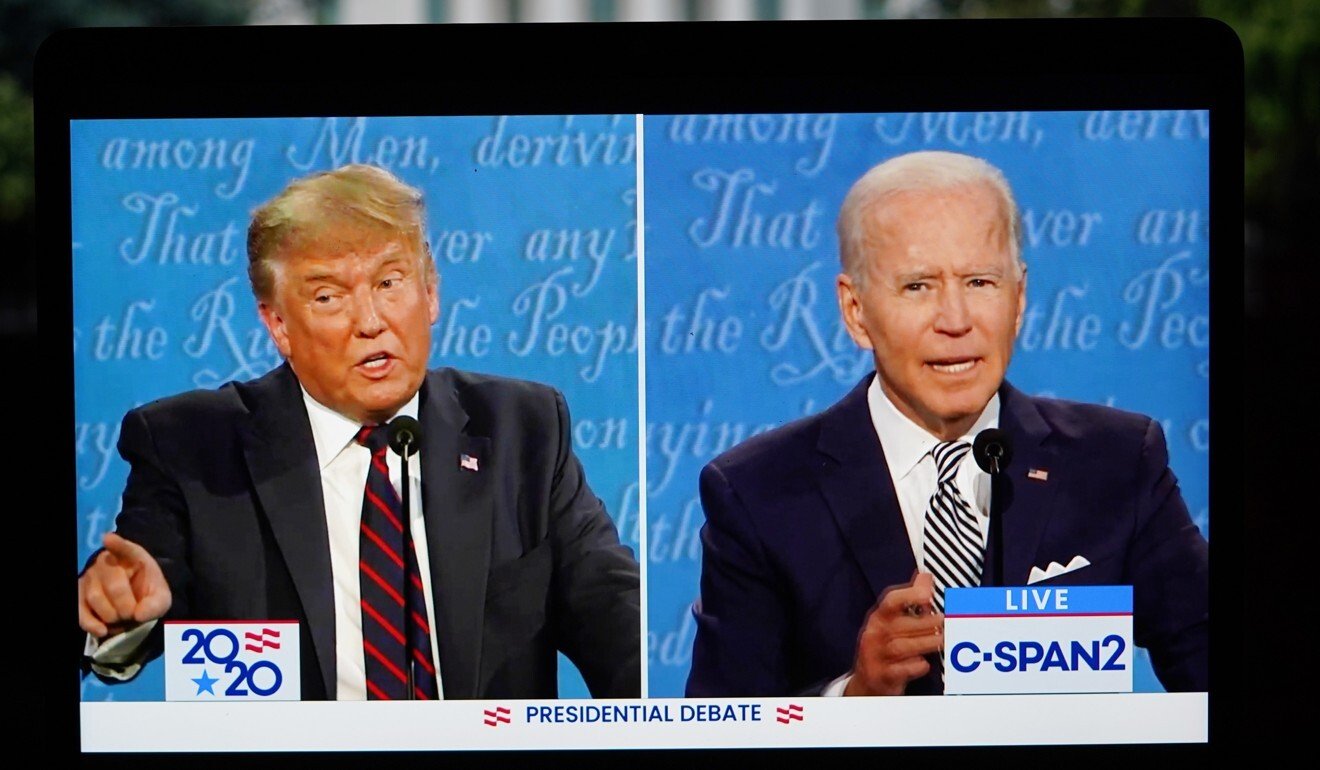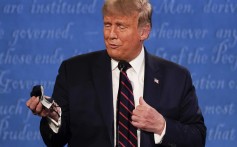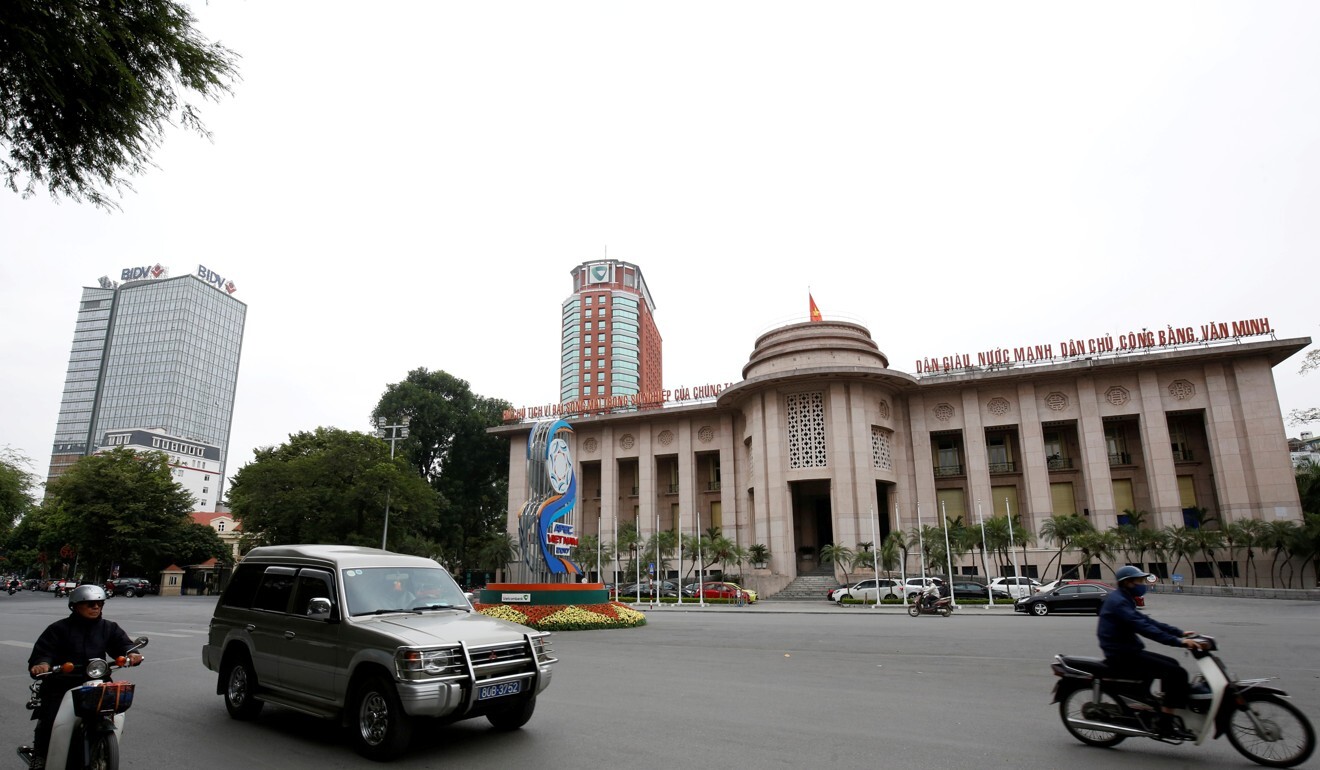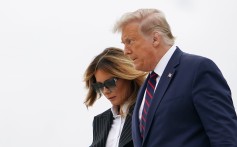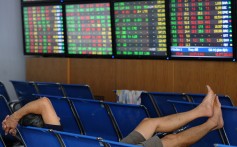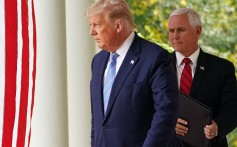Abused, disrespected, and treated shamefully. The lack of financial support for this segment of society highlights how little we actually care for the people who have allowed Hong Kong to be successful
Luisa Tam Published: 10:00am, 26 Sep, 2020
I have waited long enough, it’s time to speak an uncomfortable truth.
Once again, the Hong Kong government has chosen to perpetuate systemic discrimination in its latest round of Covid-19 relief measures.
This time round, it is giving a one-time payout of HK$10,000 (US$1,290) to non-permanent residents “in need” by way of a supposedly humanitarian move. However, this so-called compassionate act excludes the foreign domestic workforce of 400,000. How baffling.
The reason for extending the relief scheme is to aid newcomers, namely arrivals from mainland China who haven’t lived in Hong Kong for seven years to qualify for permanent residency, in a bid to acknowledge them as a part of the city’s fabric.
Welfare chief Dr Law Chi-kwong specifically pointed out that the government was obliged to help all who are “bona fide” residents. So, if that’s the case, what makes the foreign domestic workers not qualify as bona fide residents?
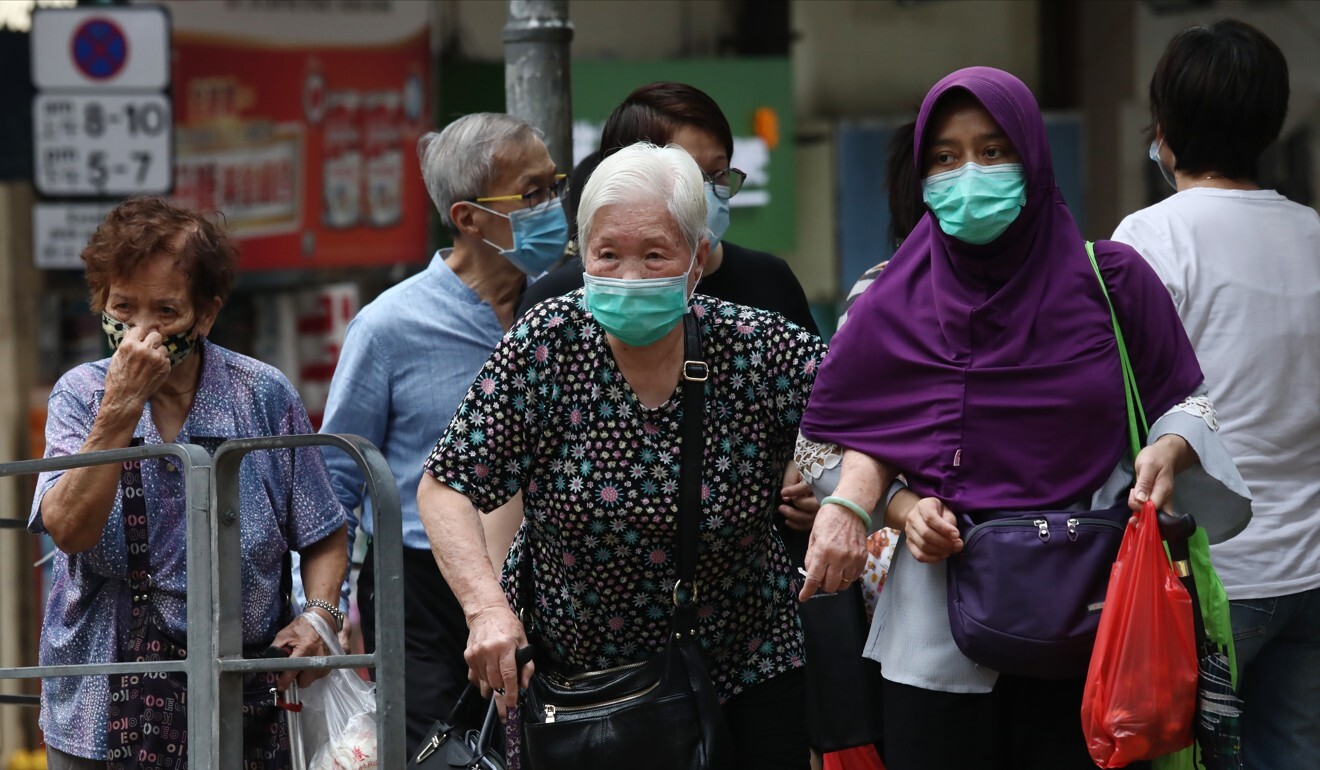
A domestic helper crosses the road with an elderly woman in Sai Ying Pun. Photo: Jonathan Wong
From this, is the government inferring they are not sterling members of our society because their contributions are negligible.
I beg to differ, because it’s not only far from the truth, it’s also insulting to this significant segment of our population.
These migrant workers contributed an estimated US$12.6 billion to our economy in 2018 alone, by freeing Hong Kong women from childcare and household responsibilities. And as a result, it has allowed tens of thousands of households to benefit from a dual income.
The presence of the migrant domestic workforce has many knock-on effects throughout the local economy and society.
First, it helps families earn a higher household income, and with more money, they can afford a better quality of life, and provide a better education for their children to help them secure a better future, which can indirectly benefit society as a whole.
It is utterly heartless for our government to say these workers haven’t contributed enough to the city to warrant help
And at the end of the day, how do we repay our benefactors? Shamefully, I would say.
First, we don’t give them a respectable wage; they earn a monthly salary of HK$4,630, but the minimum wage in Hong Kong is HK$37.5 an hour, and if we use that as a benchmark, a legal monthly wage for these migrant workers should be about HK$12,000, because they work at least 12 hours a day, six days a week.
We don’t bestow upon them the same right to be eligible for permanent residency after living here for seven years as we give other foreign employees.
We don’t give them the respect they deserve; in this day and age, we sometimes still see some places that implicitly don’t welcome migrant domestic workers. They are prohibited from using some public spaces and facilities like toilets.
Domestic helpers in Hong Kong pitch in to try and stop the spread of coronavirus in the city
Like in the aforementioned cash relief scheme, we don’t reciprocate and reward them for all the good they have done for our city.
Conversely, our government quite often turns a blind eye and allows unscrupulous employment agencies to exploit them, or employers to abuse them by making them work long hours with a lack of proper rest or holidays.
Foreign domestic workers are saviours wherever they go; just look at Singapore and Malaysia where they are commonly employed. They contributed US$8.2 billion to Singapore’s economy, and US$900 million to Malaysia’s in 2018.
They bring positive economic and social benefits to our city, and yet, they are often excluded financially and socially.
Hong Kong’s reputation as one of the world’s most expensive cities to live has also burdened migrant domestic workers with heavy debts that have accumulated over the course of their employment.
Helpers’ live-in rule in Hong Kong should be relaxed
25 Sep 2020
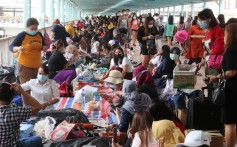
According to Justice Centre Hong Kong, a non-profit human rights organisation, eight in 10 migrant domestic workers in Hong Kong reported being in debt, compared to 34 per cent in Singapore, and 65 per cent in Malaysia.
Most of their debts are incurred because of recruitment costs, and the situation is particularly serious in Hong Kong. These workers often have to borrow money to cover these costs so they can work with the hope that if they stay long enough in their chosen city, they will be able to save and provide for their families back home after repaying the initial loans.
It is utterly heartless for our government to say these workers haven’t contributed enough to the city to warrant help. To be honest, it is the other way around; they have and continue to help our city to grow and flourish more than we have cared to reciprocate.
They are not just part of our city’s fabric, they are part of its foundation.
Migrant domestic workers have helped many families attain a more comfortable life and our city grow its economic prowess over the years. It’s time for us to make their lives a little bit better and the cash payout is a good starting point.
Luisa Tam is a Post correspondent who also hosts Cantonese-language video tutorials on Cantonese language that are now part of Cathay Pacific’s in-flight entertainment programme

Luisa Tamhas been a journalist for more than 30 years. She has held a variety of roles during her career, including working as a producer for NDR German TV, a media campaigner with Greenpeace, and as the deputy managing editor of Eastern Express. She previously worked at the Post from 1988 to 1990, before rejoining in her current role in 2015.
